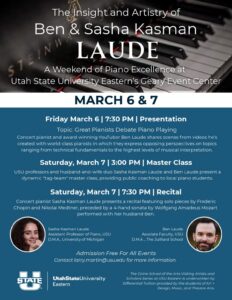Villains & heroes
In every sport there are players and even teams that you love to hate, and then there are the teams that you can’t help but like and relish when they win. These teams and players have all developed reputations that follow them from the field or court out into everyday life, and reputations can also be made in normal situations and then follow the athlete back when they put their jersey on.
This archived article was written by: David Osborne Jr
In every sport there are players and even teams that you love to hate, and then there are the teams that you can’t help but like and relish when they win. These teams and players have all developed reputations that follow them from the field or court out into everyday life, and reputations can also be made in normal situations and then follow the athlete back when they put their jersey on.
Michael Vick is a prime example of being both a hero and a villain. While playing for the Atlanta Falcons, Vick was known as a player that cared more about his own personal stats and the way that he was personally viewed rather than being a team player and caring about the way that the team was viewed around the league. This spilled over into his personal life and Vick soon fell in with the wrong crowd. Eventually things took a turn for the worse and the terrible things that Vick did ended up on the front of every sports page in America, if not the front page of the newspaper for facilitating and participating in illegal dog fighting. Vick spent 23 months in a federal prison. When he was released Vick got a second chance to play in the NFL, a chance that many players don’t get. Vick now plays for the Philadelphia Eagles and is the starting quarterback for them. Vick also speaks as an advocate for many groups against animal abuse, and spends time teaching students about the wrong choices that he made so that they don’t have to go through the same thing.
Starting in the late 1970’s the Dallas Cowboys were considered “America’s team.” Bob Ryan coined that phrase, recognizing that wherever the Cowboys played, or were seen around town there were people in tow with hats, shirts and pennant s. The Cowboys of the late seventies and early eighties were as easily recognized as any politician or Hollywood star of the era. They were a blue collar team, the team for a working man with nothing to flashy, but champions because of their work ethic and determination. In the eyes of many people they were all heroes. They were something to strive to be, and they gave hope to all that watched them play that through will power you could do anything that you wanted to. In the eyes of a nation they were heroes.
LeBron James, in the eyes of many is considered a villain right now. Although he started as a hero in Cleveland, when he made “The Decision,” James became an instant villain to many in the NBA. Not only had he stabbed his team in the back to join Dwayne Wade and Chris Bosh in Miami, but he also made it so that other players would rather play in Miami and chose to leave their teams as well. This created a chain of events in trades and free-agents signing with other teams to create other teams that compete with the “Big 3.” Soon it was not good enough to be a team of just good athletes and all team players, but James made it so that to compete you needed a team of all-stars that were all talent. James may never recover from “the decision” and the rest of his career may be tainted by it.
All of us have to choice to be heroes and villains. We all have choices to make, and they come all of the time.
And this is why villains and heroes have been on the tee.




